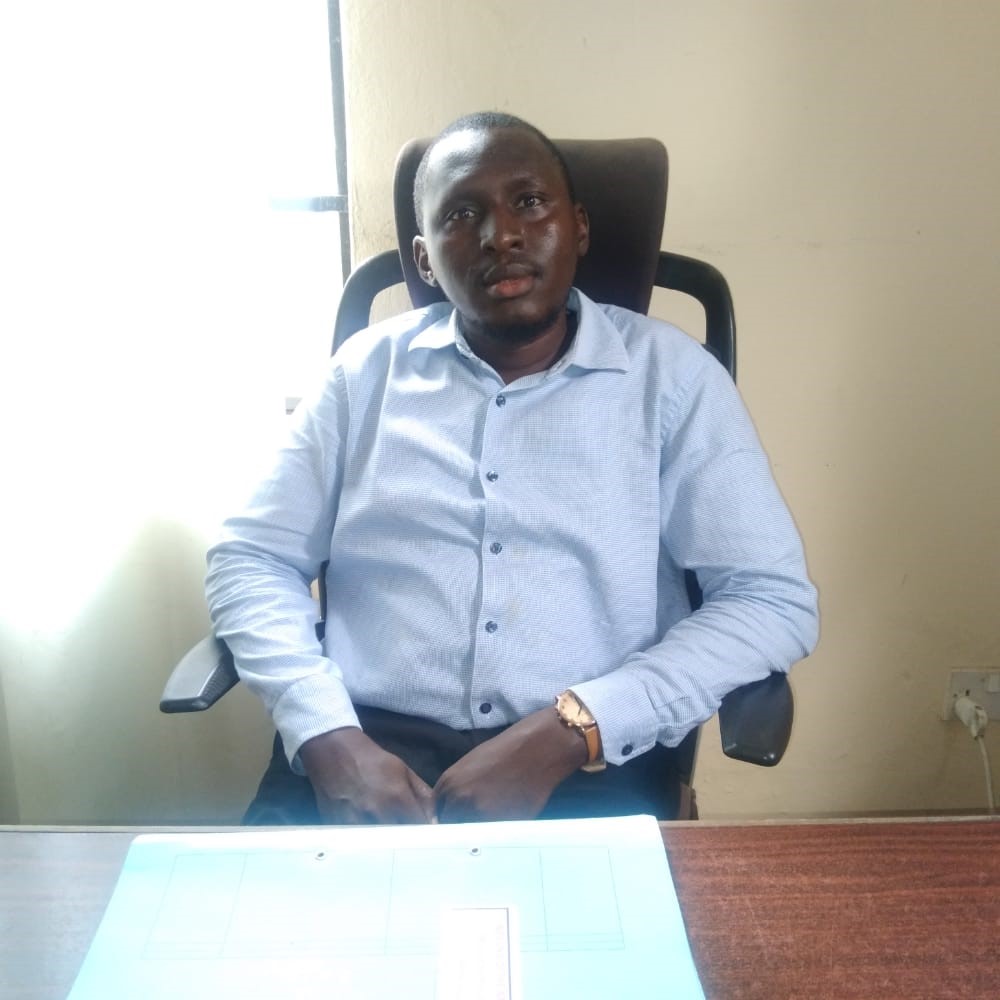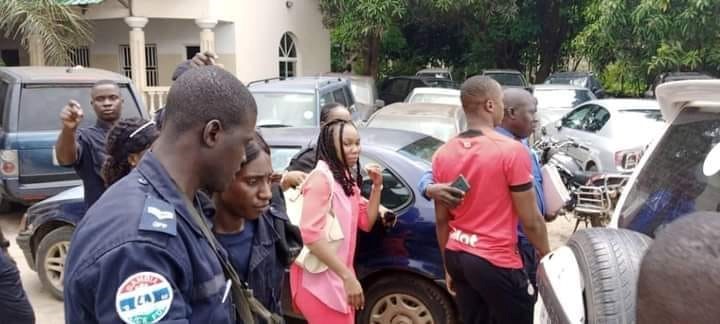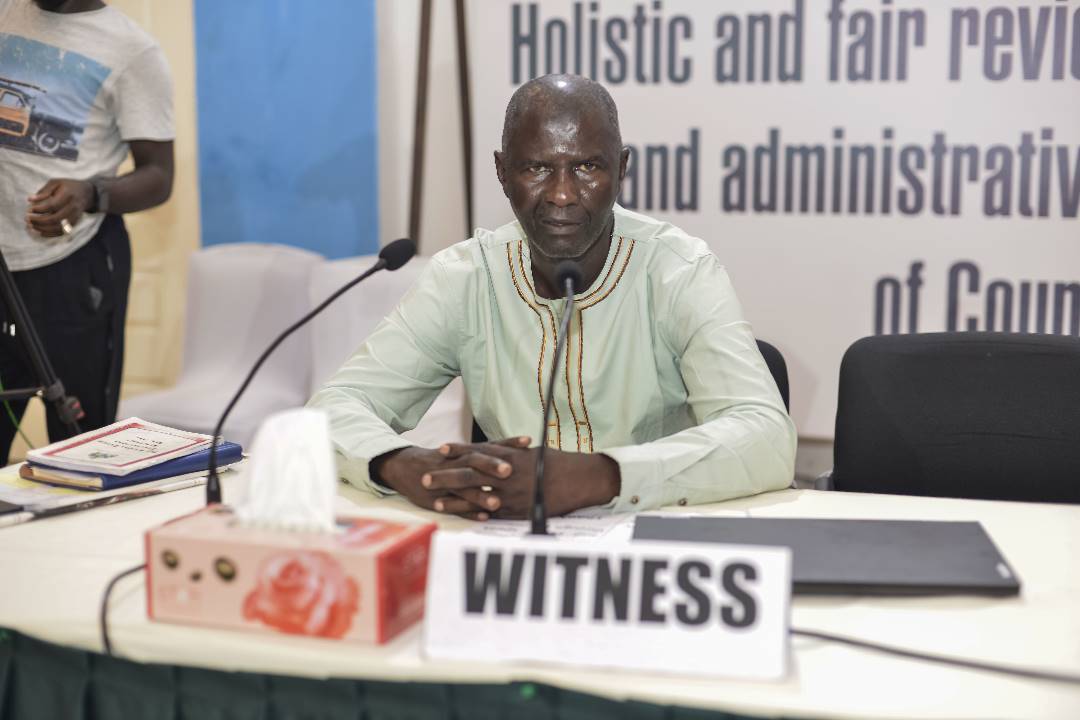By Mustapha Jarju
The Acting Executive Director of the Gambia Federation of the Disabled, Lamin K Fatty has observed that people with disabilities are discriminated against with the violation of their rights in the nation and that the differently abled people in the Gambia are going through a lot of right violations which include discriminations against them.
In an interview with this medium, Mr. Fatty said that all of the gazettes they used to have from the government are not prepared in braid format for the visually impaired persons to allow them to read and even the president’s office is not accessible to any person with a disability, which if all of these aren’t stopped, could be regarded as a violation of their rights.
As information is a key foundation of human rights which is enshrined in the country’s constitution that every individual should access the right to information, he said that persons with disability don’t have that opportunity by looking at the national television (GRTS) and some of the radio stations and other media outlets, all these places do not have sound language interpreters.
He pointed out that most of the sound language interpreters in the country are residing in the Greater Banjul Area, and if they have issues of concern like police cases in the Rural Gambia involving differently able persons, they found it very difficult to lodge their complaints to the police. They have to make arrangements to book a sound language interpreter all the way from Kombo to Basse to be able to solve their problems.
He further stressed that wheelchair users are also facing a painful challenge with Taxi drivers who will charge them double fares with an extra cost for their wheelchairs to be transported, adding that the right to movement is a fundamental human right.
He added that persons with disabilities also face a greater challenge in the health sector that when the differently abled persons are sick, they find it difficult to disclose their issues to the Nurses or Doctors the accurate information about their sickness.
He further revealed that there are limited sound interpreters in schools for disabled persons who also find it difficult to further their education to the tertiary level.
“If you go to the other group of disabilities, the Albinos’ skin is very prompt to cancer and related sicknesses and most of them have to use sun cream oil which is expensive and difficult for them to acquire in this country”, he stressed.




